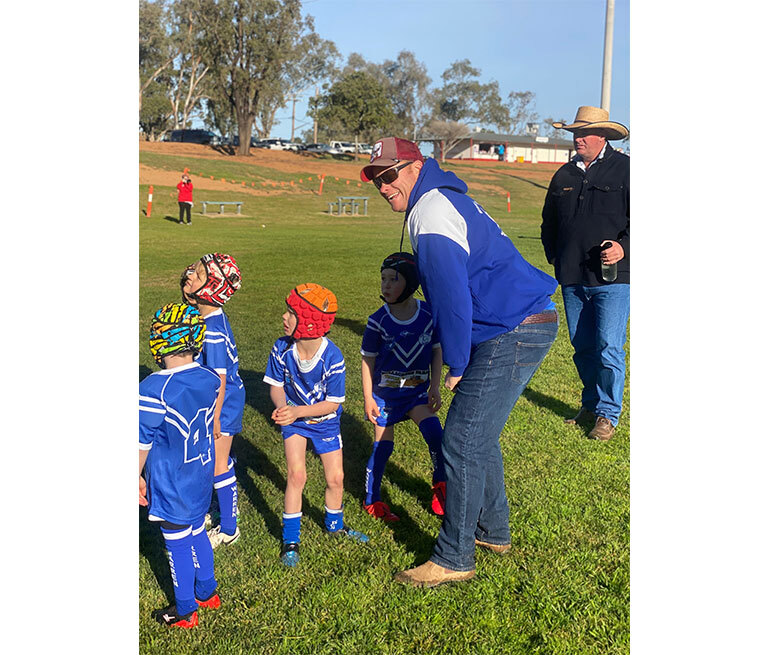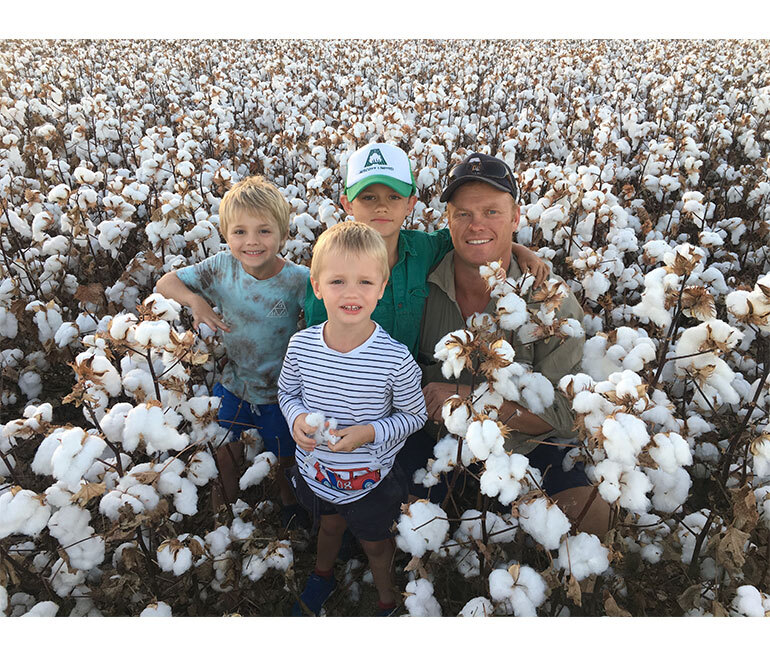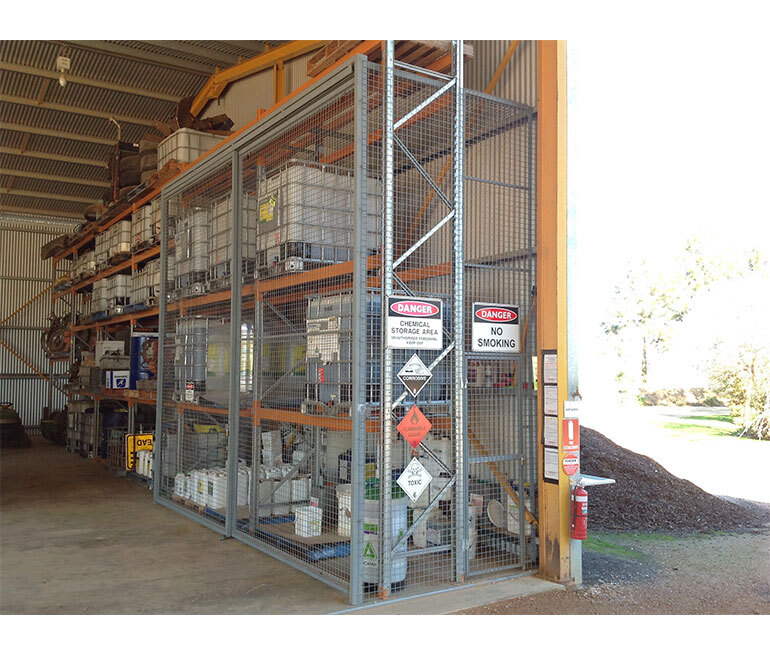How sport binds cotton communities together

The town of Warren in western New South Wales is home to about 1,500 people.
While the town’s population isn’t large, the sense of community spirit that binds the place together is; and central to that connection is sport.
Stewart Denston is a farmer who grows cotton in summer and wheat and canola in winter, alongside a cattle breeding enterprise on properties in the nearby Gin Gin area.
For Stewart, community sport has long been a key part of his life.
“I played and coached rugby union until I was 40, and I might’ve missed one season since age 12,” he said.
“Sport in the rural areas is so important to communities; it brings the farming community together with the town community.
“As farmers, we really enjoy that involvement with the town community, because quite often, our workforce - our service providers, our school teachers and principals, our medical workforce and those in specialist industries - live in the town.
“Because there’s not a lot of us in these small towns, we find that common ground through sport to catch up, contribute and socialise – always all together.”

Stewart’s farming operation is a family partnership, with himself, his wife Jenna, and Jenna’s parents John and Rhonda Richardson running the business alongside two permanent employees. John and Rhonda grew their first cotton crop in 1982, and as a family, they have only missed three summers of growing the crop since then.
Stewart and Jenna have three sons aged under 10 years.
“They love playing junior rugby league with their mates on the weekends and helping on the farm whenever its safe for them to do so,” Stewart said of his boys.
“It’s really critical that post-COVID-19, these small communities can get back to playing sport, because it really does support everyone.
“With the junior sport, it’s the same thing – you spend your 20s and 30s playing your own sport and having people watch you, but then you move on to organising and coaching the young ones, which completes the bush sport cycle.”
Stewart’s final senior rugby coaching assignment resulted in a long-awaited win for the Warren Pumas in 2018. The next year, he switched to coaching his son’s rugby league team at the Warren Junior Bulldogs.
“All our sons and a lot of their friends are playing, so it’s been great for us to meet all the other parents. It’s another way rural and town people are connecting and enjoying each other’s company.”
Aussie cotton a hub of collaboration

When he is not on the footy field or coaching the next generation of rugby league players, Stewart Denston will likely be found on the farm.
He has been on the land for 12 years, and prior to becoming a farmer, he worked in different agriculture-related roles.
“Farming was something that always interested me,” Stewart said.
“During university holidays, groups of us would go out and work all summer at different farms. I did a stint at Auscott at Narrabri, and that’s probably when cotton grabbed me initially.
“It’s a bit infectious, really – it gets to you a bit and I was extremely fortunate to be part of a family farming operation.”
Stewart said the spirit of collaboration within the cotton industry was one of its strengths.
“Collectively, the growers really enjoy working with each other and sharing practices and experiences, and that’s what really motivates us all to keep striving for improvements in productivity,” he said.
myBMP crucial for future

The Australian cotton industry’s best practices program, myBMP, ensures the industry operates at the highest possible level.
Stewart’s farming operation recently became accredited in the program.
“When we started with the process a few years ago, I was looking through the level one criteria and I pretty quickly worked out we were probably fairly below par from a business and regulation point of view – mainly in the areas of WHS and HR,” Stewart said.
“So, we looked to improve some of our business disciplines and structures around HR and WHS and the myBMP program was the most suitable way to achieve those goals due to its easy-to-follow module system – it was all laid out in front of you with goals in each area.
“Within a few months, we’d implemented a payroll program and held structured safety meetings, as well as other basic requirements around the farm that we didn’t have in place.”
In time, Stewart recruited employees who had experience in myBMP and could focus on achieving accreditation.
“We spent a lot of the recent drought period doing work on-farm to gain the accreditation, which was a good use of our time given that we were not growing cotton last summer,” he said.
“Growers and business owners tend to be more concerned about whether they are actually meeting the requirement or not; but it helps a lot when an external person comes in, such as a new employee, and looks at what’s achievable. This is a direct example of our industry sharing its experiences locally.
“We’ve learnt now that it is possible to achieve accreditation through sharing advice from others and by working with Cotton Australia staff and other accredited farmers through all the tasks. It’s back to that theme of collaboration - it’s the help, the sharing, the caring.”
Stewart Denston said with drought having ravaged much of eastern Australia in recent years, he hoped for better seasons ahead.
“The last decade has been full of ups and downs, peaks and troughs in weather and production performance,” he said.
“We’re all just hoping for a better period of normal seasons so that our farm businesses can return to more normal operating conditions and so workforce numbers and contractor involvement can get back to a core level that’s sustainable, which is critical for our small communities.”
Words by Robert Virtue
